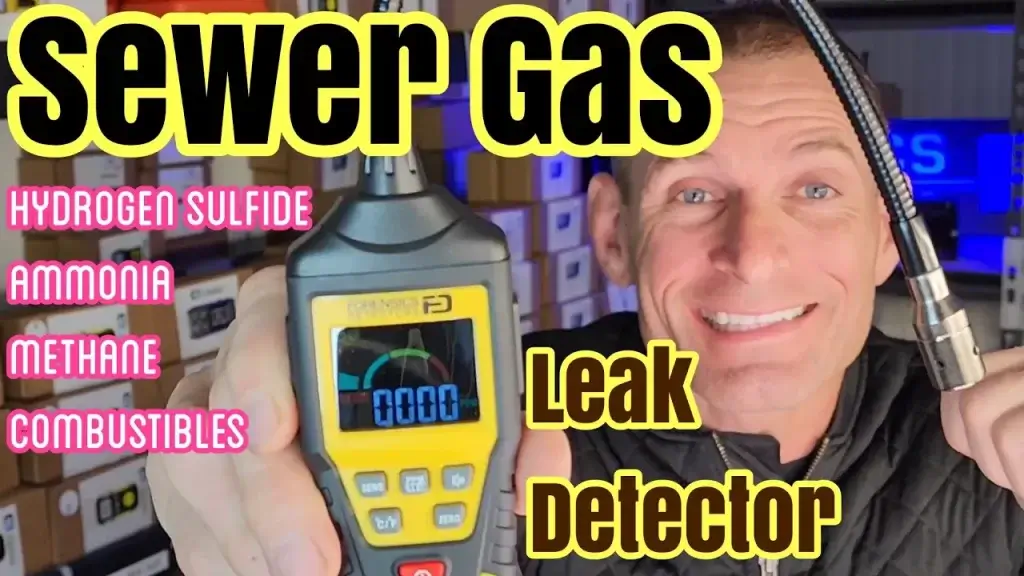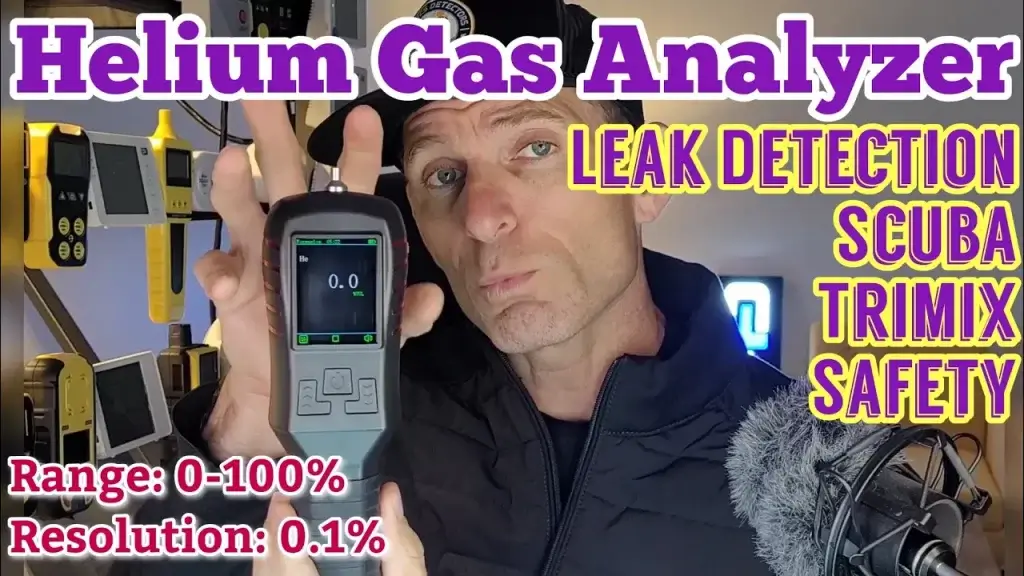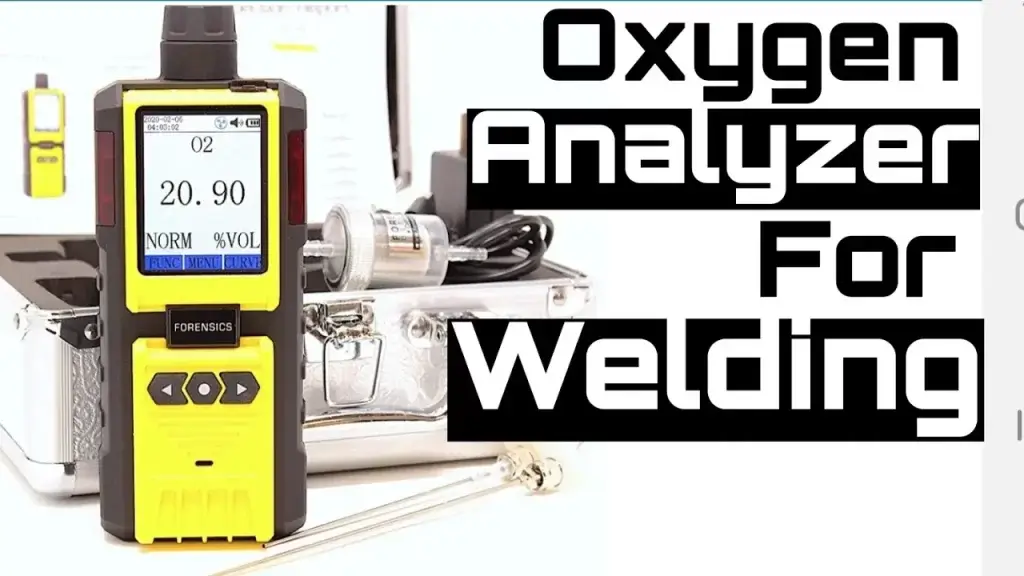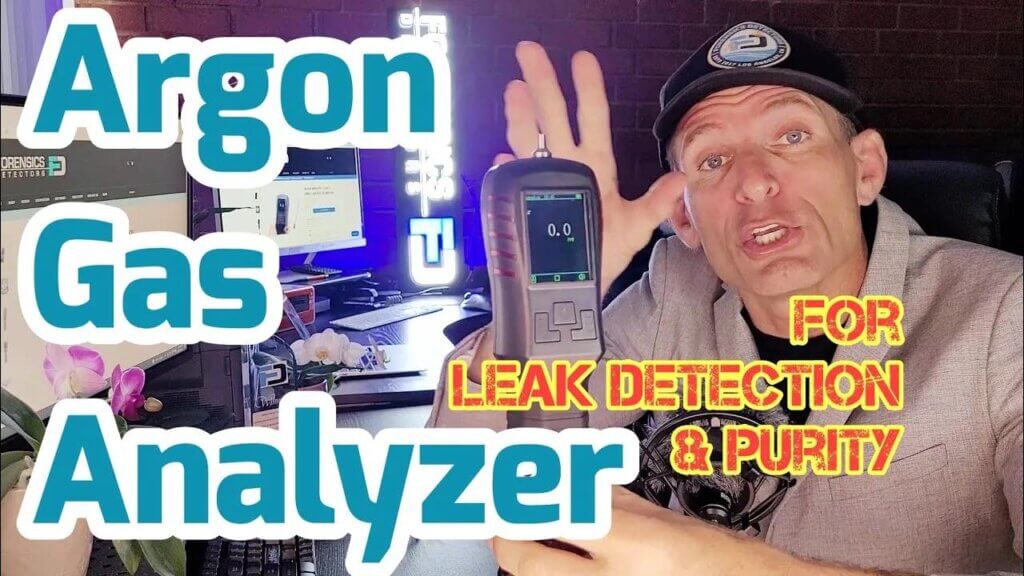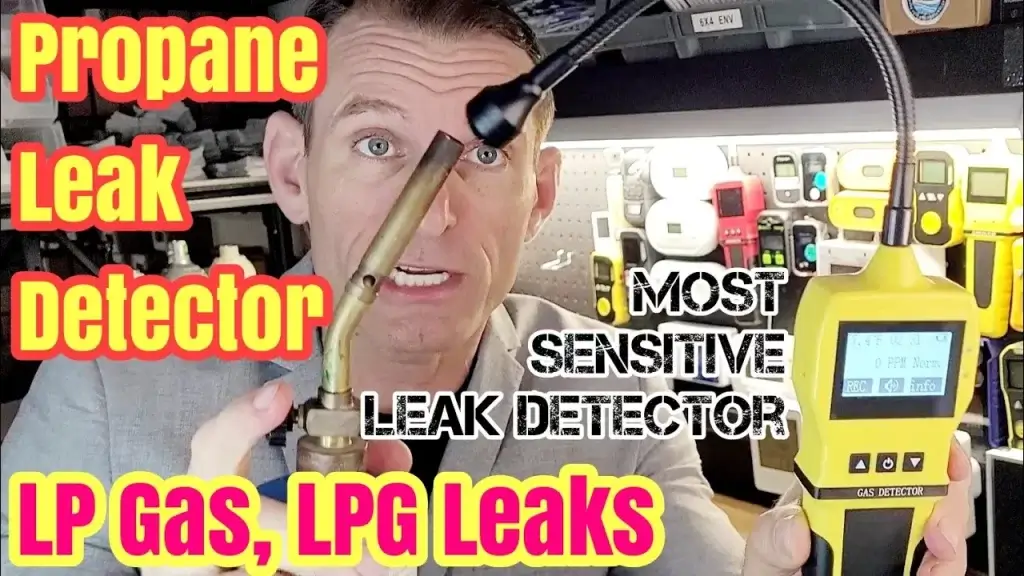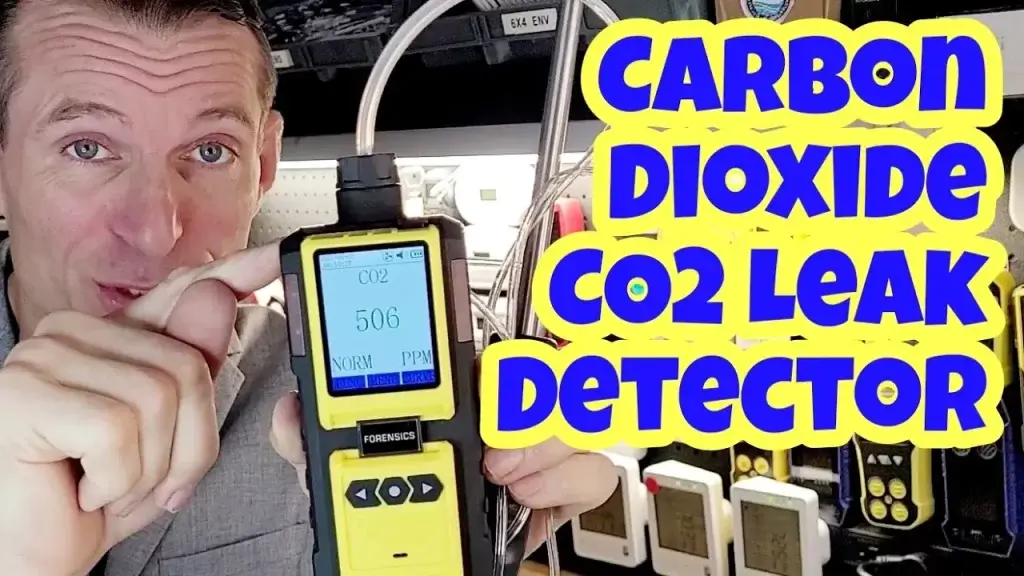Contents
- Common Causes Of Sewer Gas Leaks
- Faulty Sewer Pipe Connections
- Blockages And Clogs In Sewer Lines
- Dry Traps And Broken Seals
- Detecting And Locating Sewer Gas Leaks
- Using Electronic Gas Detectors
- Smoke Testing For Identification
- Using Bubble Solution For Detection
- Frequently Asked Questions
- What Are The Signs Of A Sewer Gas Leak?
- How Can A Sewer Gas Leak Be Harmful To My Health?
- Can A Sewer Gas Leak Be Fixed By A Homeowner?
- How Does A Sewer Gas Leak Detector Work?
- Conclusion
A sewer gas leak detector is an essential tool for HVAC technicians and plumbers. It helps them quickly identify and locate gas leaks in sewer systems, ensuring the safety and well-being of their clients and the surrounding environment.
By using a sewer gas leak detector, HVAC technicians and plumbers can efficiently diagnose and resolve issues, preventing potential health hazards and costly damages. Whether it’s a residential or commercial property, having a reliable sewer gas leak detector is crucial for maintaining proper ventilation and ensuring the integrity of the sewer system.
This article will explore the importance of sewer gas leak detectors and provide recommendations for some of the best options available in the market.

Common Causes Of Sewer Gas Leaks
Understanding the common causes of sewer gas leaks is essential for HVAC technicians and plumbers. Sewer gas leaks can lead to unpleasant odors, health risks, and potential damage to the property. By identifying and addressing these causes promptly, professionals can ensure a safe and comfortable environment for their clients. Below, we will explore three common causes of sewer gas leaks and the importance of using a sewer gas leak detector.
Faulty Sewer Pipe Connections
Faulty sewer pipe connections are a common cause of sewer gas leaks. Over time, the connections between sewer pipes can become loose or damaged, allowing gas to escape. This can occur due to age, poor installation, or even ground movement. HVAC technicians and plumbers should be vigilant in inspecting these connections, ensuring they are properly sealed and secure. By identifying faulty sewer pipe connections early on, professionals can prevent gas leaks and mitigate potential risks.
Blockages And Clogs In Sewer Lines
Blockages and clogs in sewer lines can also contribute to sewer gas leaks. When debris, grease, or other foreign objects accumulate in the pipes, it can hinder the proper flow of wastewater and result in stagnant water. This stagnant water becomes a breeding ground for bacteria, leading to the production of harmful gases. Regular maintenance and drain cleaning are crucial in preventing blockages and clogs, reducing the chances of sewer gas leaks.
Dry Traps And Broken Seals
Dry traps and broken seals within plumbing fixtures are another frequent cause of sewer gas leaks. Traps, such as p-traps, are designed to hold water to create a barrier between the inside of the property and the sewer system. When these traps dry out or seals become damaged, sewer gases can escape into the building. HVAC technicians and plumbers should regularly inspect and replace faulty traps and seals to maintain airtight systems and prevent sewer gas leaks.
As an HVAC technician or plumber, using a sewer gas leak detector is a valuable tool in identifying and locating these common causes of sewer gas leaks. A detector can quickly pinpoint the source of the leak, allowing professionals to take immediate action and provide effective solutions. By addressing these causes promptly, HVAC technicians and plumbers can keep their clients’ properties odor-free, safe, and free from potential health hazards.

Detecting And Locating Sewer Gas Leaks
When it comes to maintaining a safe and healthy environment, detecting and locating sewer gas leaks is of utmost importance for HVAC and plumbing professionals. These leaks can not only lead to foul odors and discomfort, but they can also pose serious health hazards.
Using Electronic Gas Detectors
Electronic gas detectors are powerful tools that can quickly and accurately detect the presence of sewer gas. These detectors work by sensing the concentration of gases in the air and alerting the user when a certain threshold is exceeded. They are highly sensitive and can detect even trace amounts of sewer gas, making them an essential tool for HVAC and plumbing professionals.
Here’s how professionals use electronic gas detectors to detect and locate sewer gas leaks:
- Start by turning on the gas detector and allowing it to warm up for a few minutes. This ensures accurate readings.
- Slowly move the detector around the suspected areas, such as floor drains, toilets, and pipes.
- Pay close attention to any sudden spikes in gas concentration indicated by the detector. This can be a sign of a sewer gas leak.
- Note the location where the spike in gas concentration occurs. This will help in locating the exact source of the leak.
Smoke Testing For Identification
Smoke testing is another effective method used by professionals to identify and locate sewer gas leaks. This method involves creating artificial smoke and introducing it into the plumbing system to visually inspect for leaks. The smoke helps professionals identify any cracks, leaks, or faulty connections that may be allowing sewer gas to escape.
Here’s how smoke testing is conducted:
- Block off all other plumbing fixtures and openings to ensure the smoke is contained within the system.
- Introduce smoke into the plumbing system through a designated access point.
- Observe for any smoke escaping from areas where it shouldn’t, such as cracks in pipes or faulty seals.
- Note the exact location of the smoke escaping, as this indicates the presence of a sewer gas leak.
Using Bubble Solution For Detection
In some cases, professionals may also use a simple and effective method called bubble solution testing to detect sewer gas leaks. This method involves applying a specialized bubble solution to suspected areas of gas leaks. If there is a leak, the gas will cause bubbles to form, indicating the presence of a leak.
Here’s how bubble solution testing is carried out:
- Mix water and dish soap in a spray bottle to create a bubble solution.
- Spray the solution onto areas suspected of having a gas leak, such as pipe connections or seals.
- Observe for any bubbles forming. The presence of bubbles indicates the presence of a sewer gas leak.
- Take note of the location where the bubbles form to pinpoint the exact source of the leak.

Frequently Asked Questions
What Are The Signs Of A Sewer Gas Leak?
Sewer gas leaks can be identified by the presence of foul odors, such as the smell of rotten eggs, in your home. Other signs include gurgling or bubbling sounds in drains, slow drains, and increased humidity levels. If you notice these signs, it is important to address the issue promptly to prevent health risks.
How Can A Sewer Gas Leak Be Harmful To My Health?
Inhaling sewer gas can have various health effects, including headaches, dizziness, nausea, fatigue, and eye and throat irritation. Prolonged exposure to high levels of sewer gas can lead to more serious health problems. It is crucial to address a sewer gas leak promptly to protect yourself and your family.
Can A Sewer Gas Leak Be Fixed By A Homeowner?
While some minor sewer gas leaks can be fixed by homeowners, it is recommended to consult a professional, especially if you are unable to locate the source of the leak. A professional HVAC technician or plumber will have the expertise and tools to properly identify and repair the issue, ensuring your safety and the effectiveness of the solution.
How Does A Sewer Gas Leak Detector Work?
A sewer gas leak detector is a specialized device that detects and measures the presence of sewer gas in the air. These detectors often use sensors that can detect specific gases, such as hydrogen sulfide, commonly found in sewer gas.
When the gas concentration exceeds a certain level, the detector will emit an alarm, alerting you to the presence of a leak.
Conclusion
To conclude, a sewer gas leak detector is an indispensable tool for HVAC technicians and plumbers. By using this device, professionals can quickly and accurately identify potential leaks in the sewer system, ensuring the safety and well-being of both themselves and their clients.
Investing in a high-quality detector is a proactive step toward preventing hazardous situations and minimizing costly repairs. Don’t compromise on your safety and efficiency—equip yourself with a reliable sewer gas leak detector today.

